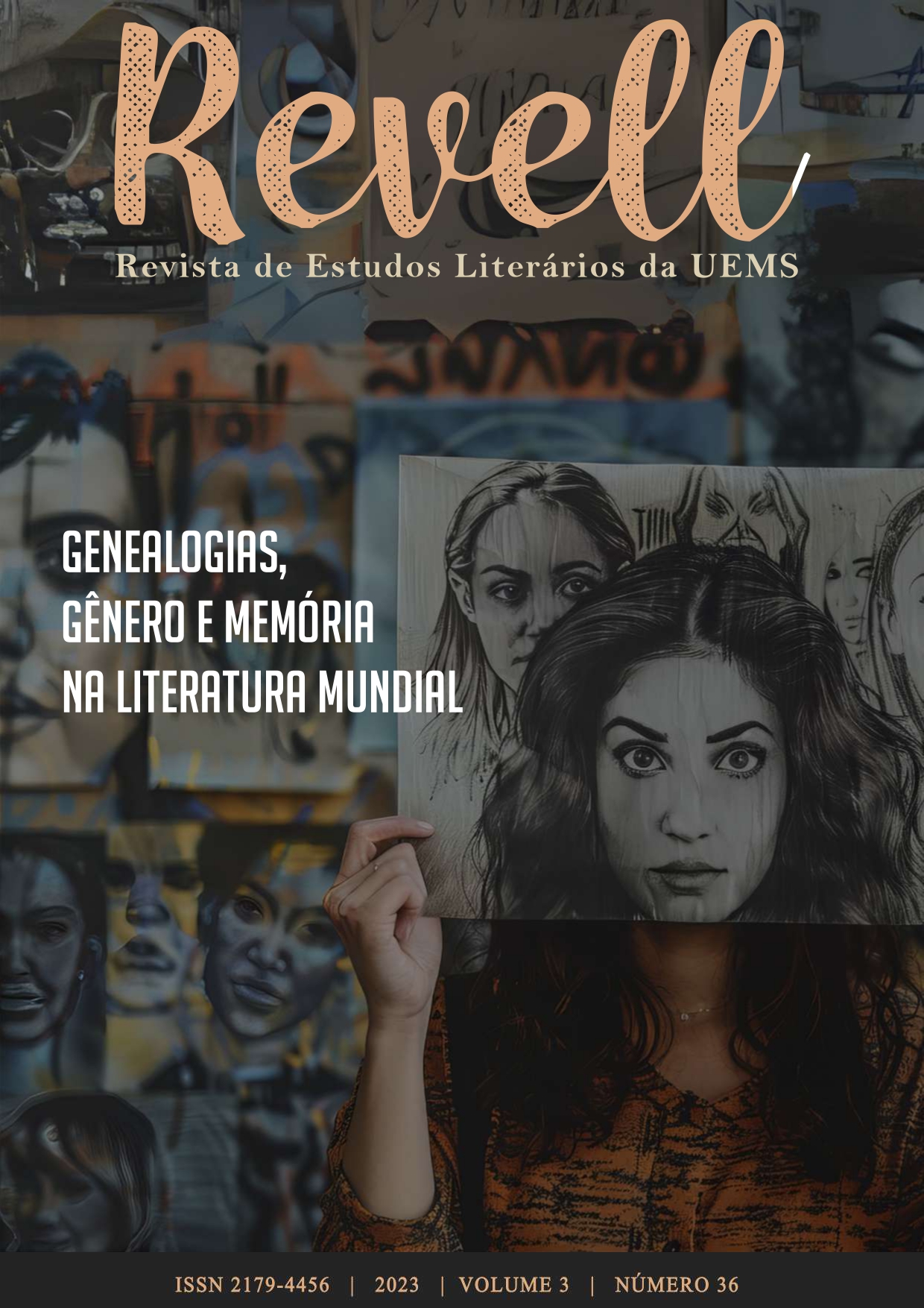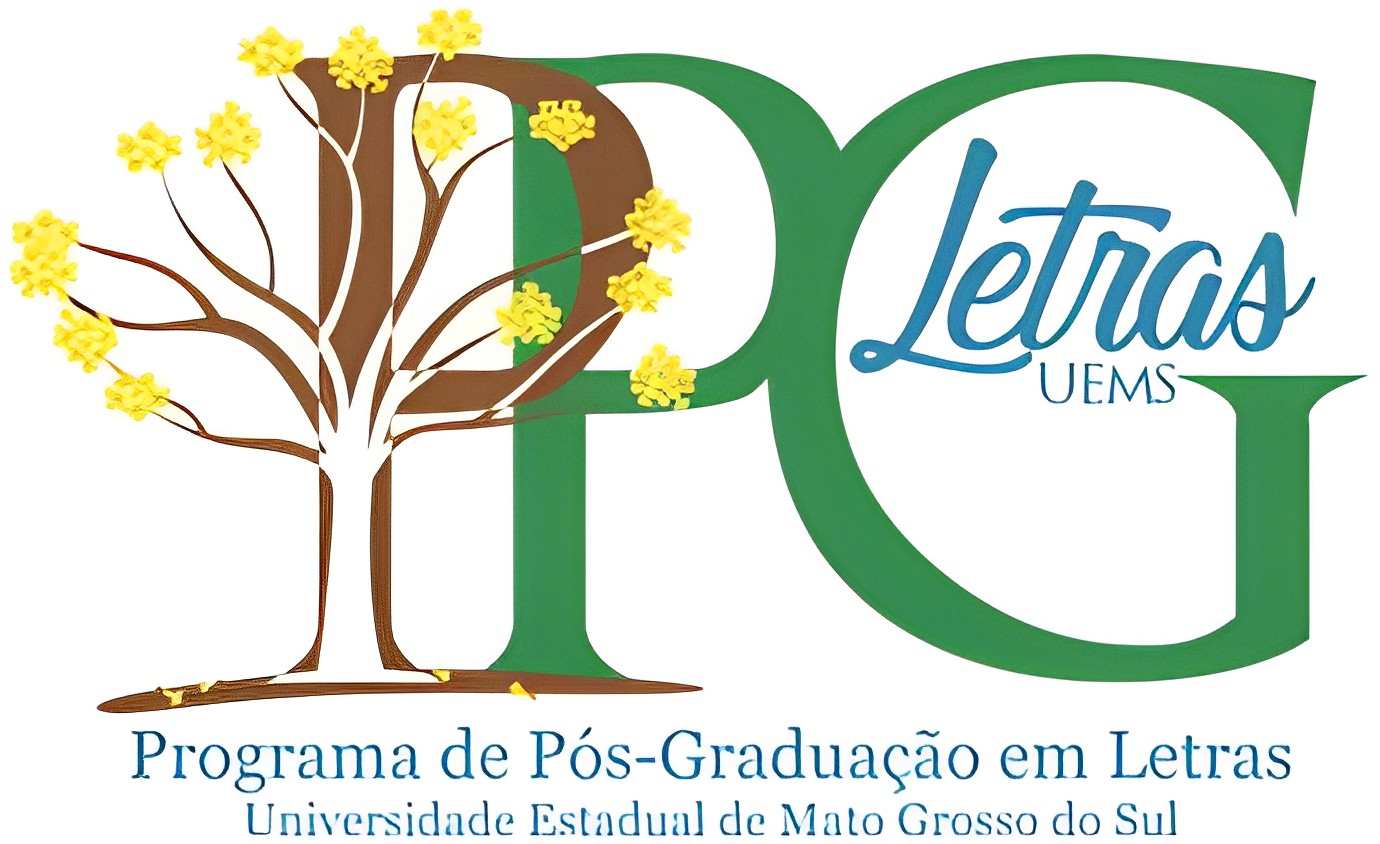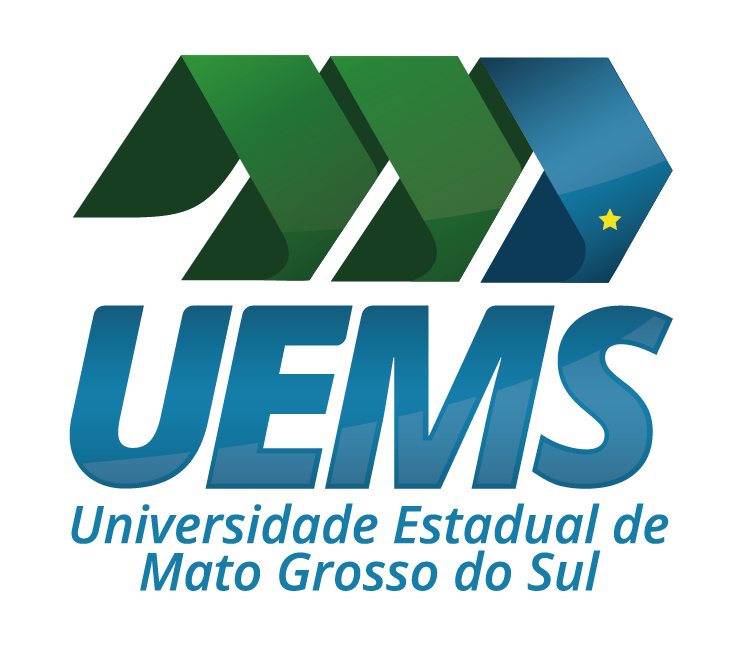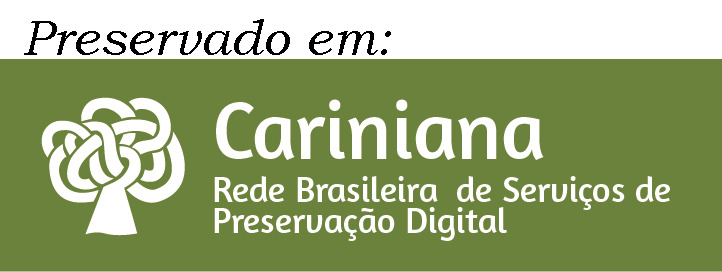Mariama Bâ's long letter and the self-writing
DOI:
https://doi.org/10.61389/revell.v3i36.8244Keywords:
Self-writing, Une si longue lettre, perlaborationAbstract
This article aims to examine the presence of "self-writing" in the novel Une si longue lettre, by the Senegalese writer Mariama Bâ. In the novel, the protagonist Ramatoulaye uses the opportunity of "self-writing" to re-evaluate her life, her decisions and find her axis. The writing of the missive helps her to get to know herself better and, through the reflection provided by her seclusion, she takes hold of herself and becomes aware Not only of herself, but the place occupied by women in her society. Writing assists the character in understanding her evil and that of several of her congeners. In this way, it enables her to restructure and strengthen herself so that she does not give up on being an active woman and seeking her happiness. We rely on the reflections undertaken by Foucault (1992), Klinger (2012), Dia (2003), Genette (2017), among others to undertake this analysis.
References
ALCOFORADO, Mariana. Cartas portuguesas. Porto Alegre: L&PM, 2016.
BÂ, Mariama. Une si longue lettre. NEA: Dakar/Abidjan/Lome, 1979.
BAKHTIN, Mikhail. Questões de Literatura e de Estética. Tradução de Aurora Fornoni Bernadini, José Pereira Júnior, Augusto Góes Júnior, Helena Spryndis Nazário e Homero de Freitas de Andrade. São Paulo: Editora Unesp, 1993.
BASTOS, Roberto Kennedy de Lemos. A escrita como cuidado de si na obra tardia de Michel Foucault. Revista Sísifo. n. 5, 2017. p. 158-170. Disponível em: www.revistasisifo.com. Acesso em 05 maio 2020.
BRESSE, Maria Graciete. As “Novas Cartas Portuguesas” e a contestação do poder patriarcal. Latitudes, nº 26, abril 2006, p. 16 –20. Disponível em: http://www.revues-plurielles.org/_uploads/pdf/17/26/17_26_04.pdf. Acesso em 22 jul. 2020.
DIA, Ousmane. Entre tradition et modernité : le romanesque épistolaire d’Une si longue lettre. Critaoi, n. 1, 2003. p. 1-16. Disponível em: https://critaoi.org. Acesso em 10 out. 2017.
DOGLIOTTI, Rosa-Luisa Amalia (2000). Le thème du mariage mixte et/ou polygame comme foyer d’observation socioculturelle et interculturelle dans quatre romans francophones : mariages ou mirages ? 173 f. Dissertação (Dissertação em Artes) – Master of Arts, University of South Africa/Pretoria, 2000. Disponível em: https://uir.unisa.ac.za/handle/10500/18647. Acesso em 27 jul. 2023.
GACOIN-MARKS, Florence. Ambigüités génériques dans Une si longue lettre de Mariama Bâ. Acta neophilologica. vol. 42, številka 1/2, 2009, p. 187-195. Disponível em: http://www.dlib.si/?URN=URN:NBN:SI:DOC-Y9FZTHF9. Acesso em 08 out. 2018.
GIGUÈRE, Caroline. Fonctions de l’épistolaire chez Mariama Bâ : genre de la négociation, négociation du genre. Postures, n. 5, dossier : Voix de femmes de la francophonie, printemps, 2003, p. 18-28. Disponível em: http://revuepostures.com/fr/articles/giguere-5. Acesso em 17 mar. 2017.
FOUCAULT, Michel. A escrita de si. In: FOUCAULT, Michel. O que é um autor?. Lisboa: Passagens, 1992, p. 129-160.
GENETTE, Gérard. Figuras III. Tradução de Ana Alencar. São Paulo: Estação da Liberdade, 2017.
KLINGER, Diana. Escritas de si, escritas do outro: o retorno do autor e a virada etnográfica. Rio de Janeiro: 7letras, 2012.
LEJEUNE, Philippe. O pacto autobiográfico: de Rousseau à Internet. Tradução de Jovita Maria Gerheim Noronha e Maria Inês Coimbra Guedes. Belo Horizonte, Ed. da UFMG, 2014.
LISPECTOR, Clarice. Uma aprendizagem ou o livro dos prazeres. Rio de Janeiro: Rocco, 1998.
LISPECTOR, Clarice. A descoberta do mundo. Rio de Janeiro: Rocco, 1999.
MÁRQUEZ, Gabriel Garcia. Viver para contar. Tradução de Eric Nepomuceno. Rio de Janeiro/São Paulo: Ed. Record, 2003.
OLIVEIRA, Alexandra Almeida de; CAMARGO, Goiandira Ortiz de. Um abrigo chamado escrita. Leitura em revista, n. 16, p. 265-267, 30 abr. 2020. Disponível em: https://iiler.puc-rio.br/leituraemrevista/index.php/LER/article/view/225. Acesso em 10 jul. 2020.
PIETRANI, Anélia Montechiari. “As cartas não mentem jamais”: sobre cartas e diários na obra de Ana Cristina Cesar e Sylvia Plath. XI Congresso Internacional da ABRALIC: Tessituras, Interações, Convergências. USP, São Paulo, 2008. Disponível em: https://abralic.org.br/eventos/cong2008/AnaisOnline/simposios/pdf/081/ANELIA_PIETRANI.pdf. Acesso em 02 jul. 2020.
SILVA, Isabel Camila Alves da; PÁDUA, Vilani Maria de. A epístola como espaço da memória e da escrita de si: uma análise do romance De mim já nem se lembra, de Luiz Ruffato. Revista Enlaces, v. 1, n. 16, abr-jun. 2019. p. 279-297. Disponível em: http://www.periodicos.ufc.br/entrelaces/article/view/39871. Acesso em 03 jul. 2020.
SOUSA, Germana Henriques Pereira de. Carolina Maria de Jesus: o estranho diário da escritora vira lata. Vinhedo/SP: Editora Horizonte, 2012.
VIEIRA, Thales Rodrigo; OLIVEIRA, Alexandra Almeida de. A salvação pela linguagem: alguns apontamentos sobre a metalinguagem e a concepção de tradução em Primo Levi. In: PAULA, Marcelo Ferraz de (org). Ética, estética e políticas do testemunho. São Paulo, Nankin, 2017. p. 141-158.
Downloads
Published
How to Cite
Issue
Section
License
Copyright (c) 2024 REVELL - UEMS JOURNAL OF LITERARY STUDIES

This work is licensed under a Creative Commons Attribution 4.0 International License.
DECLARAÇÃO DE ORIGINALIDADE E EXCLUSIVIDADE E CESSÃO DE DIREITOS AUTORAIS
Declaro que o presente artigo é original e não foi submetido à publicação em qualquer outro periódico nacional ou internacional, quer seja em parte ou na íntegra. Declaro, ainda, que após publicado pela REVELL, ele jamais será submetido a outro periódico. Também tenho ciência que a submissão dos originais à REVELL - Revista de Estudos Literários da UEMS implica transferência dos direitos autorais da publicação digital. A não observância desse compromisso submeterá o infrator a sanções e penas previstas na Lei de Proteção de Direitos Autorais (nº 9610, de 19/02/98).



















